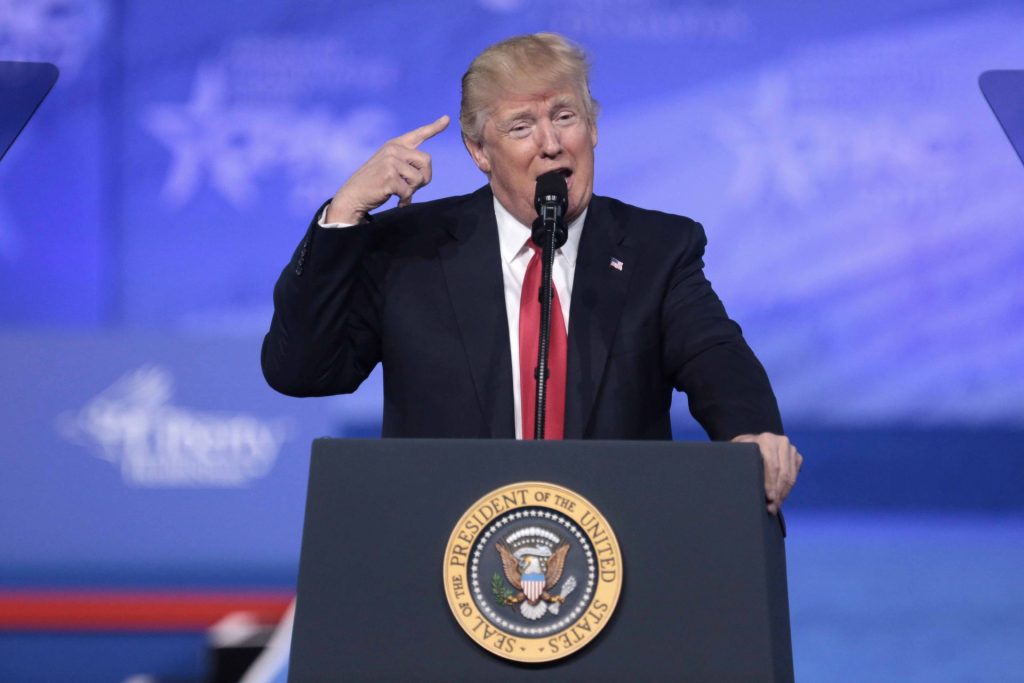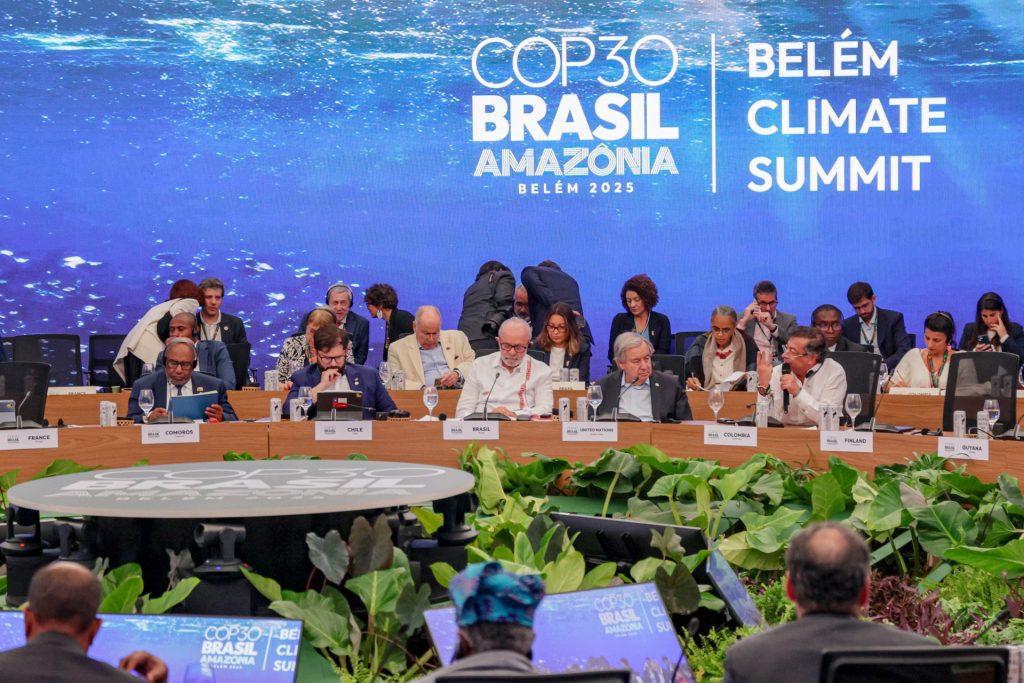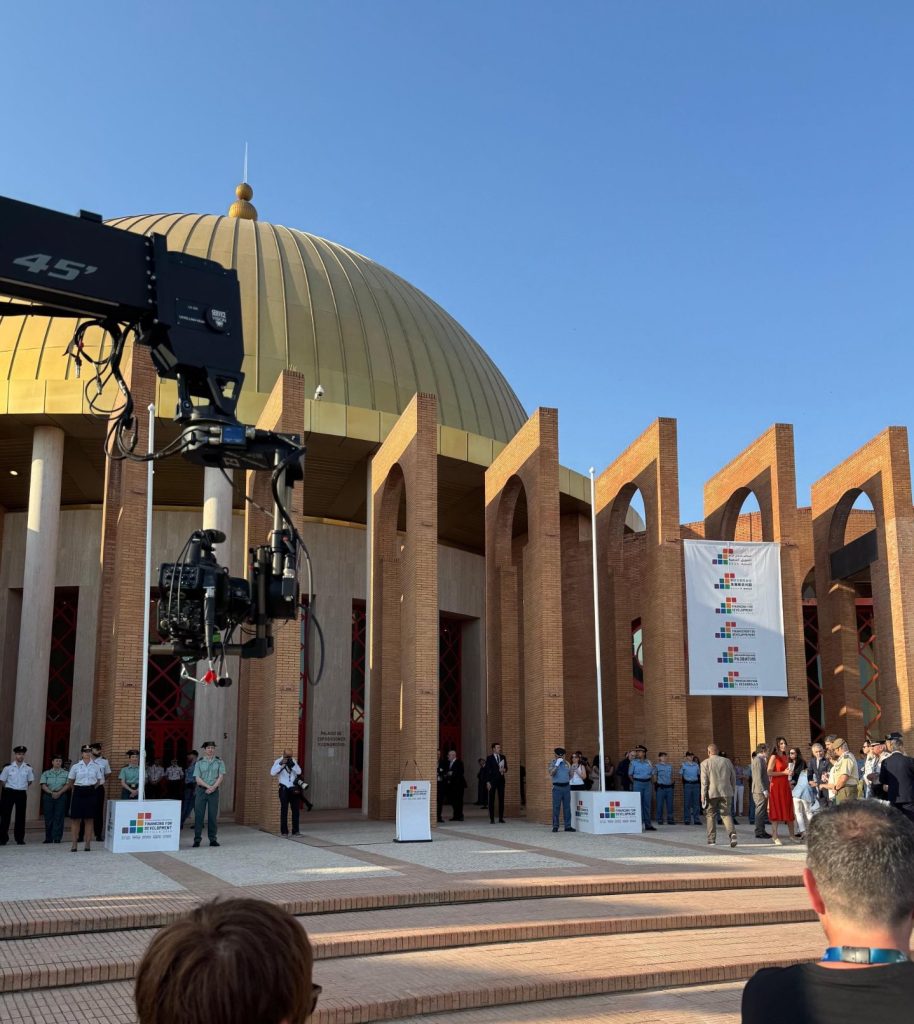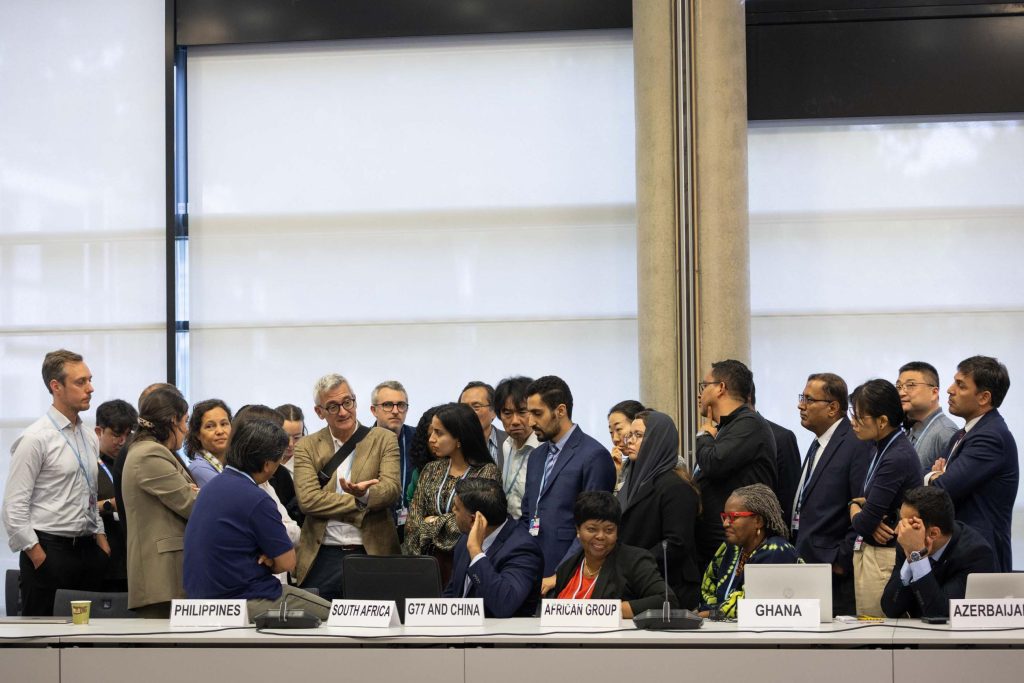On the heels of the Summit for a New Global Financial Pact in Paris, African governors of the IMF and World Bank met in Cabo Verde on 7 July to discuss reforms to the global climate finance architecture. As Devex reports, the meeting signals an attempt by African governments to gain more control over the reform process, which has in large part been dominated by the United States and other developed nations. Emerging from the meeting, governors issued the SAL Declaration, which proposes a series of priorities and new approaches to finance economic development and climate responses on the continent.
What comes through clearly is that the group want the reform processes within the IMF and World Bank to not just address climate change but to continue to address hunger, poverty, global public goods and the achievement of the SDGs. According to Devex, there is a concern that US led efforts to make the bank tackle global issues would dilute the say of African countries in how the bank lends. In light of this, the Sal Declaration and related position paper on the World Bank also argue for a country driven approach to the Bank’s lending and to ensure that it is aligned with national development strategies.
Consistent with previous submissions made by the African Group of Negotiators under the UNFCCC, the Declaration issued by the group underscores the need for the reform architecture and approach to be oriented around Africa’s high debt vulnerabilities and lack of debt sustainability. Accordingly, the Governors are calling for “a tripling of concessional financing as well as the infusion of additional resources and substantial grants, from the IMF and the [World Bank].” Capital increases seem unavoidable given the scale of the financial need, however, to date, responses by wealthier shareholder nations to this proposal have been muted, with a preference to stretch existing resources and using innovative finance policies.
The Governors are also calling for a reduction in the cost of capital for African countries, for example through debt relief and cancellation, improving multilateral debt restructuring frameworks, making sure that other climate finance reforms currently being pursued in Multilateral Development Banks (such as the Capital Adequacy Framework) don’t result in the hardening of lending terms, and preventing illicit financial flows. Other reforms including scaling up public and private climate finance to $2.8 trillion, with at least US$20 billion/year to ensure electricity access, and agreeing to a new ambitious climate finance target. This is to be complemented through various proposed measures that the IMF and World Bank should take boost private sector development and foster energy financing.





